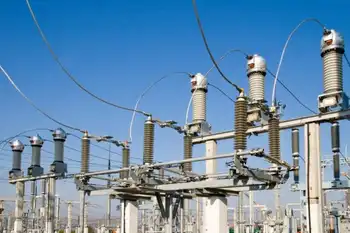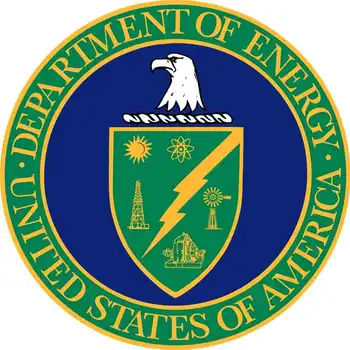Report warns of major jump in rates if nuclear, coal approved
Based on the utilities’ own data, the report – due out March 31 – also shows that not only are new plants unnecessary despite a growing population, but that modest increases in efficiency and clean power generation would allow phasing out of many existing coal plants within the next 15 years – a major boost for national efforts to slow emissions of greenhouse gases.
Dr. John Blackburn PhD has conducted research into energy efficiency and renewable energy over more than two decades. He has authored two books and numerous articles on the future of energy, and has served on the Advisory Boards of the Florida Solar Energy Center and the Biomass Research Program at the University of Florida. He has testified before the N.C. Utilities Commission in several utility dockets on energy efficiency and renewable energy.
According to the report, both Duke Energy and Progress Energy have inflated demand figures to make an erroneous and misleading case for the new power stations.
Progress Energy is proposing two new reactors at the Shearon Harris nuclear plant near Raleigh, while Duke Energy wants to build two reactors in Gaffney, South Carolina, not far from Charlotte. If completed, each of the four reactors are likely to cost ratepayers in North and South Carolina between $8 and 12 billion.
Duke Energy is building a large coal-burning plant at Cliffside, scheduled to open in 2012, with costs currently estimated at $2.4 billion. Costs for some of the plants could balloon even further when construction problems and delays are taken into account.
NC WARN is a member-based nonprofit tackling the accelerating crisis posed by climate change – by working for a swift North Carolina transition to energy efficiency and clean power.
Related News

Iran, Iraq Discuss Further Cooperation in Energy Sector
TEHRAN - Aradakanian has focused his one-day visit to Iraq on discussions pertaining to promoting bilateral collaboration between the two neighboring nations in the field of electricity, synchronizing power grid between Tehran and Baghdad, cooperating in education, and expansion of power networks.
He is also scheduled to meet with Iraqi top officials in a bid to boost cooperation in the relevant fields.
Back in December 2019, Ardakanian announced that Iran will continue exports of electricity to Iraq by renewing earlier contract.
"Iran has signed a 3-year-long cooperation agreement with Iraq to help the country's power industry in different aspects. The documents states at…




